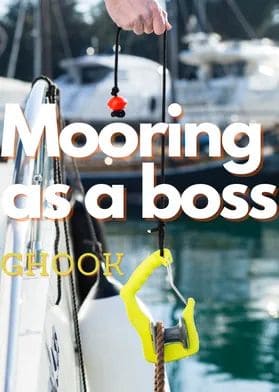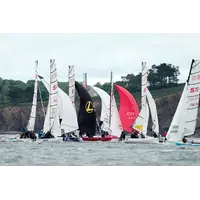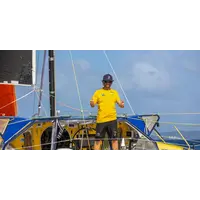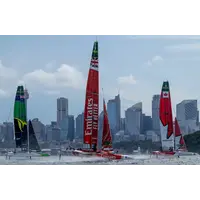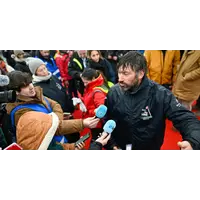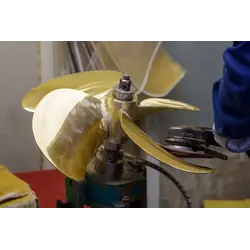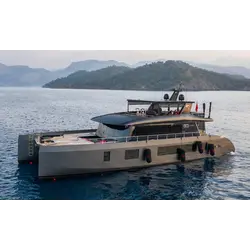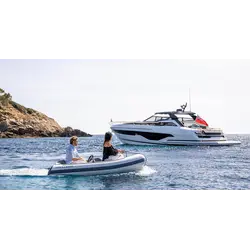On the eve of the arrival of the first competitors of the Vendée Globe 2024, we asked Antoine Mermod, president of the IMOCA class, to give us an early assessment of this edition. A slightly premature assessment, but a very positive one for the IMOCA Class!
Voile Magazine: With 6 retirements to date out of 40 boats in the race, is that a good result?
Antoine Mermod: It is important to note that the race is far from over! Many boats are still in the South Atlantic, so it's difficult to make a final assessment. However, looking at the current situation with the first boat's arrival, the overall reliability of the fleet has been good. There haven't been any major issues.
Voile Magazine: Is the percentage of technical retirements something you focus on at IMOCA?
Antoine Mermod: Our measure of success is to have as many boats as possible finish the race, with the lowest possible retirement rate. The technical complexity of the boats should not hinder the skippers, but rather provide them with the means to competitively seize their chance on this race. Six retirements so far is indeed a good number, let's not kid ourselves...
Voile Magazine: What do you attribute this to? The pre-Vendée Globe qualification requirements?
Antoine Mermod: It's a combination of factors. Skippers have prepared very well, and the teams have meticulously prepared the boats. Most of these teams started participating in races two seasons before the Vendée start, as part of the circuit we established.
These pre-Vendée Globe races challenged everyone, helped "debug" the boats. For the skippers, it was an opportunity to understand the difficulty and level of competition for a round-the-world race. It's an extraordinary race, the Everest of offshore racing, requiring an extraordinary level of preparation.
Voile Magazine: Despite the few retirements and issues seen, what would you say were the weaknesses this year?
Antoine Mermod: We've seen issues with the hooks... This was also the case in 2020. Hooks are intricate, small but highly technical parts with many components, subjected to considerable loads.
In terms of mechanical stress, we are operating at the higher end, especially considering the fatigue these parts endure. As a result, there have been sails that have fallen. However, we must be cautious and not draw conclusions until we have all the details, as it could be various issues like improperly hooked sails or broken systems. So, a careful analysis is needed.
Voile Magazine: Apparently, the J2 sails also suffered significantly?
Antoine Mermod: Yes, indeed, the J2 sails are also a topic of discussion! They are fixed to a stay and cannot be lowered. Only Boris Herrmann has a special setup that allows him to lower his J2 for repairs...
Voile Magazine: Having a mast fall on just 40 boats is quite a good statistic, right?
Antoine Mermod: Touch wood. We'll talk about this in a few weeks; the race isn't over yet, but yes, so far, it's going well.
Voile Magazine: Because, in fact, this standard mast hasn't evolved much in recent years?
Antoine Mermod: The foiling IMOCA boats have arrived, but the masts have remained. However, we reinforced these masts last year. We added patches to all the chainplates and made various rigging elements stronger, among other changes.
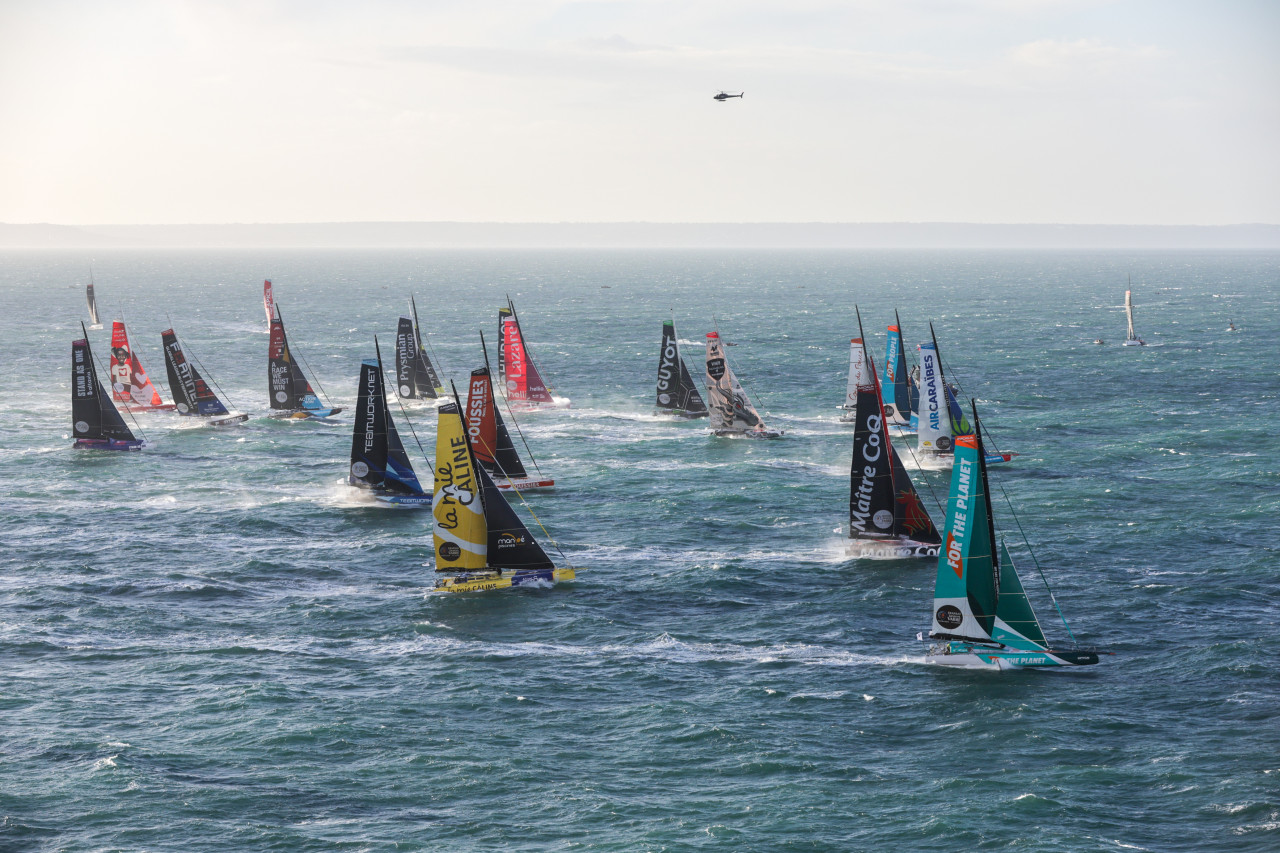
Regardless, the masts are under more strain, operating at the upper end of the green zone, possibly even entering the orange zone for some! We acknowledge that we are close to the limit. Hence, for the next cycle leading to the Vendée Globe 2028, we will have a new mast that is 20% stronger than the current one.
Voile Magazine: This covers the boat and technical review. At some point, there might be a human and medical assessment. Does IMOCA consider the potential repercussions of a Vendée Globe on the sailors? Three months of shocks, vibrations...
Antoine Mermod: Yes and no. No, because the race doctors monitor this daily. However, we are responsible for the boats and the preparation program. So, if we identify issues or human consequences, perhaps we need to consider adjusting the regulations to address them...
Voile Magazine: Is wearing a helmet mandatory?
Antoine Mermod: Wearing a helmet on board is mandatory, but it's up to the skipper to decide when and how to wear it.
Voile Magazine: Regarding ecology and the boats' impact on the environment, I know you've done a lot of work. What lies ahead? What about the wooden IMOCA boats that are coming?
Antoine Mermod: Over the past four years, twelve boats have been built. We conducted a Life Cycle Assessment (LCA) for each boat using the same software and team. This allowed us to establish a reliable measurement method and achieve a certain level of maturity on the subject.
Based on this, we set a target for the 2028 generation of boats: to emit 15% less CO2 by optimizing all construction sectors, including molds and foils. We already see the impact of this CO2 challenge on new projects, on deck shapes, mold fabrication methods, and materials used. It's very tangible.
As for wooden boats, we have been in contact with Gilles Plessis for a long time. He is experienced and asks the right questions, far from a whimsical project. However, it's not an all-wooden boat; it still includes carbon.

